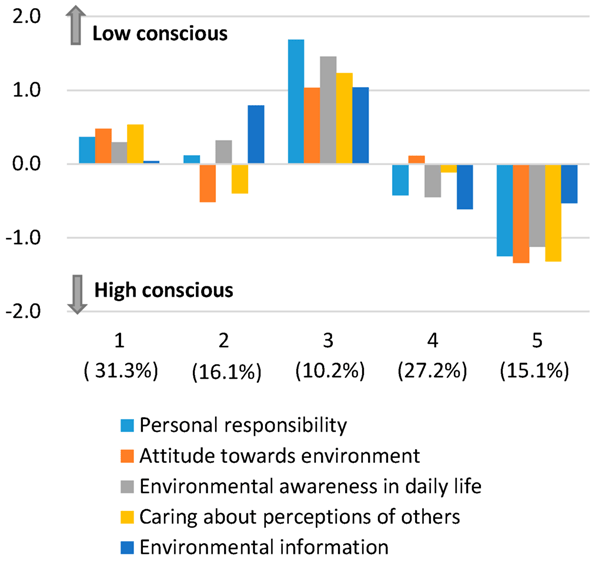Rebecca Barnatt-Smith
16th July 2021
Listen, listen, listen, we look at beautiful scenery all the time but do we really listen to our surroundings? The growing science of acoustic ecology is showing some interesting, surprising and informative insights. Soundscape ecology looks at the full acoustics of an environment, providing a loud set of data into the world we live in today. The conduction of acoustic ecology looks at all sounds, natural or man made, and studies how they interact and live in synergy with one another.
Acoustic ecology looks at how sounds can be used and studied to improve the understanding of how the world and planet is changing. Soundscape ecology helps researchers understand how the sounds around us are arranged and helps provide an insight into how all the vocalized sounds work together on a qualitative level.

There are many sounds the natural world offers us that we don’t get the opportunity to listen to or are so quiet we can’t hear them. For example, the sound of ants communicating with one another by scraping their legs is one we would have never have imagined let alone heard in our lifetimes. The sound that passes beneath our notice can sometimes be the cause for major changes in our natural world today.
Researchers are using acoustic ecology to better understand the natural devastation we are facing today such as dying pine forests. For a few decades, pine trees across Western America have slowly been reduced by Bark Beetles. As the population of bark beetles has increased tenfold thanks to global warming and increased temperatures, thes beetles have been hard at work.
Over the course of two decades, the Beatles have destroyed over 45 million acres of pine trees. With no surprise, they have largely affected and disrupted a number of ecosystems and altered landscapes altogether. What is daunting is that the Beatles are showing zero signs of stopping, which means the issue will only get worse.
However, bioacoustical researches have been given the green light to use new wearable technology that will use sound to help disrupt key behaviour and life stages of the beatles to help slow the devastation of the pine forests down. Data gathered from acoustic and soundscape ecology can, in some cases, be used to help bring nature back to life in a way that develops sustainability.
A day to listen
World listening day on July 18th 2021 is hosted by World Listening Project, a non profit organisation. The organisation is devoted to understanding our world today and its different aspects of it, such as the environment, different cultures and societies, learning and understanding from them through the practise of listening and recording. Understanding the relationship between humans and the natural world as we know it can help us as people gain a better insight of how the world has changed, bringing on a more conscious awareness.

Every year since the day was established in 2010, it is dedicated to a different theme. Past themes have included ‘Listen to the Ground’ and ‘Listen to you’. This year’s theme is in honour of Raymond Murray Schafer’s birthday, a Canadian environmentalist and composer who is positioned as the founder of acoustic ecology. In the 1970’s he developed his World Soundscape project which is what fundamentally laid the basics of acoustic ecology practices.
Since the beginning of the holiday in 2010, an array of people have participated in celebrating it. Listening is a form of art that requires undivided attention and patients. Listening is also a skill that can help to sharpen hearing and provide skills to understand environments. So how can you celebrate world listening day?
There are many different ways to observe world listening day. If you prefer a natural setting, taking a walk down to a park with a lake or stream is the perfect way to connect with the natural world, provisioning a range of different sounds. Try not to talk , but rather, absorb the sounds around. Taking a walk through a woodland area can also offer some satisfying sounds like leaves crunching under your feet or twigs snapping. Being surrounded by water like the ocean or lakes will give a sense of water movement.
If you prefer escaping to a more man made setting, then going to a concert or a music festival or event can also be a nice way to appreciate today’s world. When listening to music with a consciousness about it, it’s a nice way to think about how many instruments are put together to make what you are listening come to life. Whichever way you choose to spend World Listening Day, we hope it strikes a chord.
Rebecca is a freelance journalist from The University Of Sussex specialising in environmental science and the evolution of scientific technology.






More Stories
Mili Ostojic: the PhD student monitoring biodiversity with drones
From rubbers to rub-ons: will women trust men with a new contraceptive gel?
Plastispheres: the plastic-based micro-ecosystems that menace Antarctica